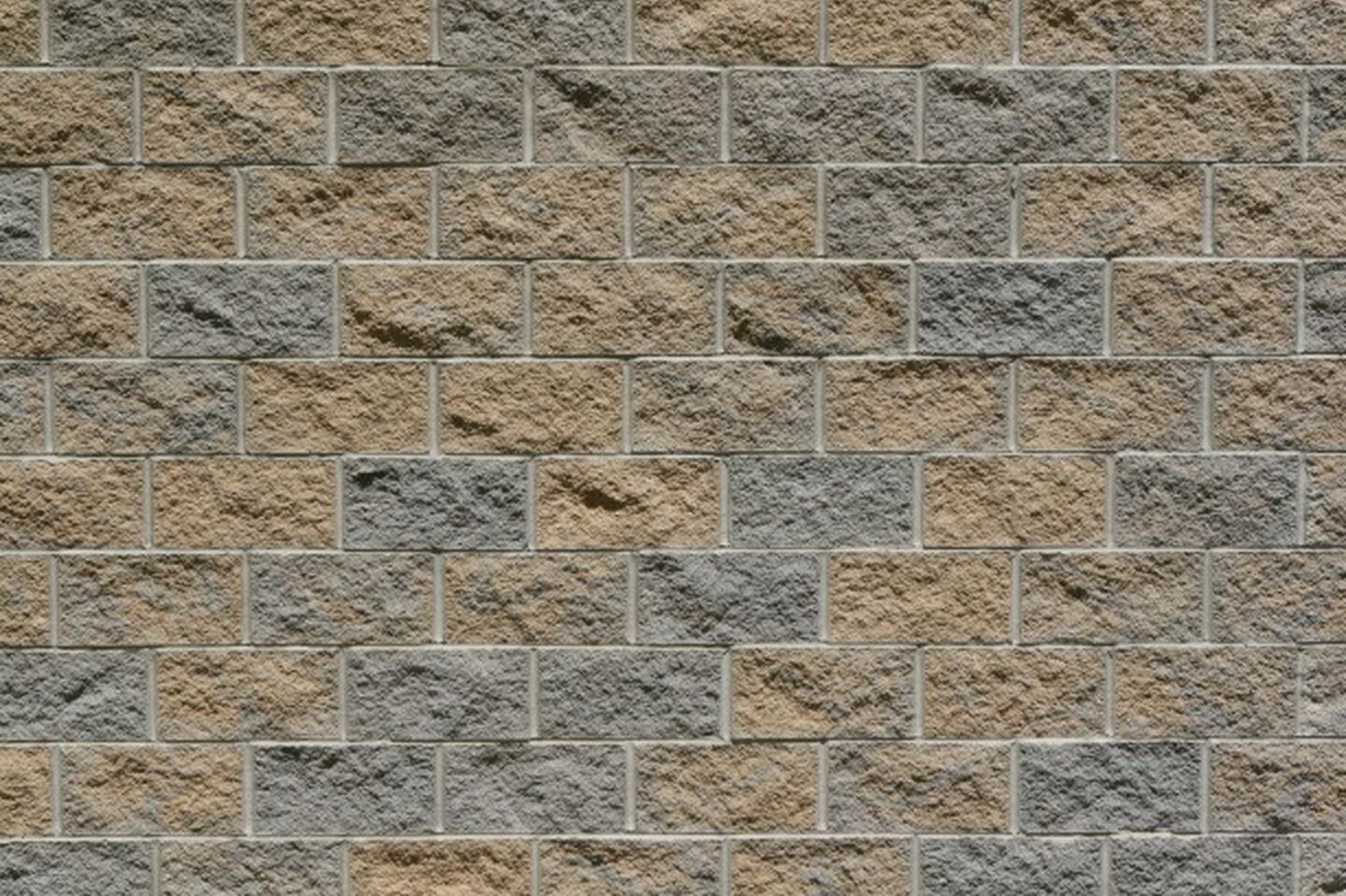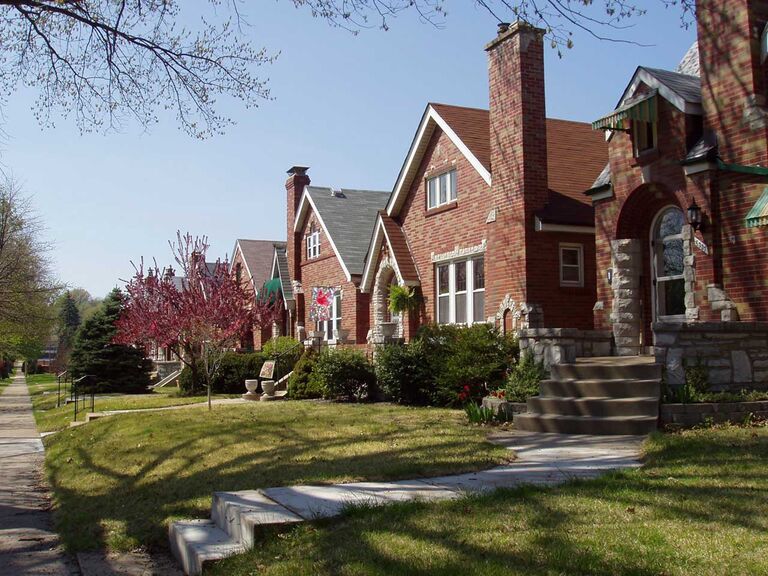Above Grade Waterproofing – Seepage is not Just a Basement Problem

When most homeowners think about seepage, they picture a wet basement and they’re most often accurate in their imaginings. The American Society of Home Inspectors estimates that 60% of American homes experience wet basements in varying degrees.
However, water seepage can occur above ground as well, and we’re not talking just about leaky roofs. Water can enter a home through siding, windows and, often, through masonry construction.
In Chicago, as in other cities around the United States, an urban building boom that started in the early 2000s and lasted until the collapse of the housing market during the Great Recession meant that single homes and condos were going up and being sold as fast as contractors could build them.
In trying to build attractive homes that could be erected quickly and at low cost, many Chicago architects and builders latched on to a building material called “split-face block.” Essentially a concrete construction block or CMU, the split-face block is manufactured by pulling apart a double-width block before it sets instead of cutting it. This produces blocks with one rough side that is intended to resemble stone.
Although an attractive material, split-face block has proven to be a nightmare for many homeowners because it is frequently the source of seepage and water damage. Use of the block has all but stopped in new construction in Chicago.
Can Above Grade Waterproofing Solve Seepage Problems Caused by Split-Face Block?
Because split-face block appears to be more porous than other building materials, it’s that porosity that seems like the culprit to many homeowners. Actually, all masonry materials are porous, including brick, stone and regular cement block and split-face block may be only slightly more so. Water is absorbed through the block but the real problem usually lies in the construction.
Split-face block is strong enough to be used as a structural material, so homes that use it are typically constructed with a single bearing wall that is exposed to the exterior. Unlike older, traditional brick and stone structures, split-block houses don’t have an air gap between structural and veneer walls that can help stop water penetration.
Even with that style of construction, however, split-face block shouldn’t create seepage problems if the proper flashing methods are used. The problem (and the solution) begins at the top, on what is called the parapet wall.
Most of the split-face block construction in Chicago consists of flat-roofed structures where the wall extends above the roof. This wall is generally topped with some type of capstone, either real or synthetic. If the top of this parapet wall and the capstone aren’t sealed and/or flashed, considerable seepage may result.
Similarly, the lower walls must be flashed at intervals, typically at the level of any floor joists, to prevent water from accumulating and being absorbed by the block. Small wicking ropes extending through the wall to the outside will also help.
As for the question posed above, there are methods of “waterproofing” exterior walls made from split-face block or other masonry materials but they are not the same permanent, waterproof solutions provided by basement waterproofing. The best sealant that is available, a polyurethane paint, will seal the blocks and mortar against further intrusion and will last 10 – 15 years.
To completely prevent further water damage, the split-face block walls will need to be properly flashed and ventilated and the home must be put through a drying process to remove any retained water.
At U.S. Waterproofing, our only mission is to prevent and repair basement seepage and foundation damage — below-grade problems and solutions. Although we are not in a position to assist with above-grade seepage issues, we wanted to discuss them with homeowners who are faced with the problem because customers often turn to us whenever water is causing damage in their homes. A qualified masonry contractor will be the best resource for these homeowners.
If, however, you are experiencing problems with basement seepage or think you may have foundation damage, please ask for our free advice.




